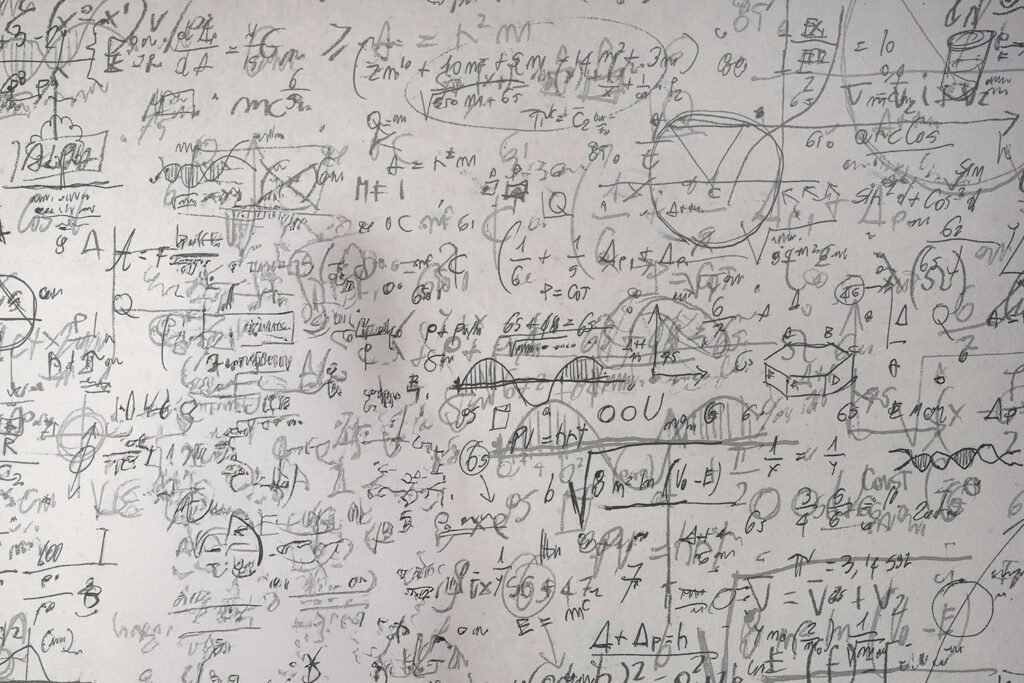Review of Helge Brunborg, Eq Tabeau and Henrik Urdal (Eds.), The Demography of Armed Conflict
Can rapid population growth help cause civil violence, such as insurgency or revolution? How does war affect the population structure of societies? Is the science of demography a useful forensic tool in determining mortality arising from war crimes? This edited volume addresses such questions.






